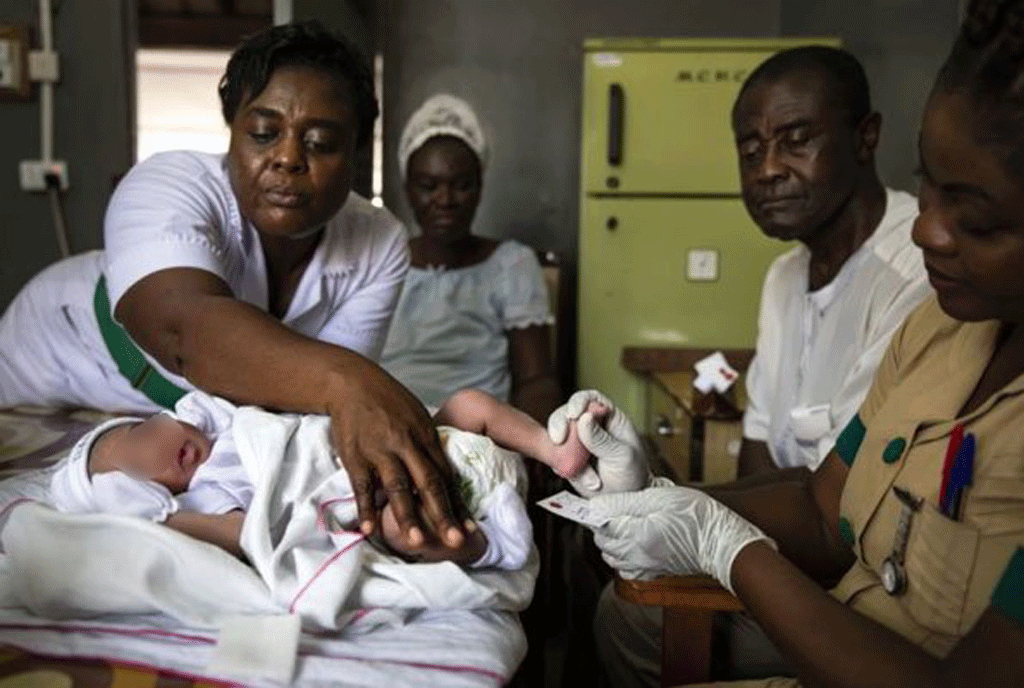Prime
Sickle cell patients decry stigma

Different officials attended the sickle cell stakeholders engagement at Makerere University on November 27. PHOTO/BUSEIN SAMILU
What you need to know:
- Statistics from the Ministry of Health show that 20,000 babies are born with SCD annually of which at least 50 percent die before reaching the age of five years.
A section of Ugandans living with Sickle Cell Disease (SCD) have decried what they called continued societal discrimination and stigmatisation.
During the Sickle cell stakeholders engagement at Makerere University on November 28, the patients said most of them resorted to starting their own businesses after being turned down by employers because of their condition.
A 62-year-old Emmanuel Majara, who has lived with the disease for his entire life, said he was forced to become a commercial photographer and later a farmer after losing his job in 1989.
“I was a senior accountant at the Works ministry after I had secured the job in 1987, but in 1989, my employer sacked me because of regular sickness and since then, I have never got employed anywhere because whoever heard of my SCD condition, would turn me down until I reached my retirement age,” he said.
“Even getting a spouse was a hard task, most women do not want to associate with SCD patients, I suffered to get the one I have. The present condition likens us to beggars and a burden to our families,” he added.
Ms Ruth Nankanja Mukiibi, 49, another victim of discrimination, said she was forced to start up a non for profit organisation dubbed Mukiibi Sickle Cell Association of Uganda 20 years ago after all potential employers turned her down.
“It is terrible outside there, the level of stigmatisation is also too high. There is a lot of isolation and negativity against us in societies we live in. People do not believe that an SCD patient can also die of any other disease, but whoever dies, they link their deaths to SCD,” she said.
The majority of the patients and their caretakers also complained of expensive treatment.
The engagement that was organised by Makerere University College of Health Sciences (MakCHS) in partnership with the Sickle in Africa Consortium (SPARCO-Uganda) and ENRICH brought together close to 100 stakeholders including patients, parents, community, policy makers, researchers, religious leaders, cultural leaders, and health professionals.
Life stories
The group shared their experiences about the disease and discussed strategies on how to work together.
The Vice Chancellor of Makerere University, Prof Barnabas Nawangwe, who officiated the engagement, called upon the public to stop discriminating against patients and test early to help in reducing new cases.
Statistics from the Ministry of Health show that 20,000 babies are born with SCD annually of which at least 50 percent die before reaching the age of five years.
The statistics further revealed that 250,000 people are living with the disease.
Dr Ruth Namazzi, a pediatric hematologist and a senior lecturer at MakCHS, said they have rolled out different sickle cell training for health workers and earmarked for non-health workers with an intention of increasing the manpower who will manage the increasing cases.




